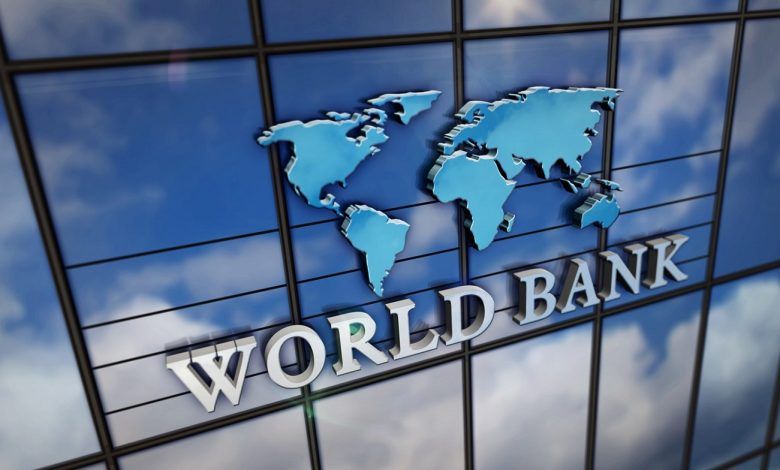
The World Bank has projected Nigeria’s inflation rate will average 22.1% in 2025, as the Central Bank of Nigeria’s (CBN) tight monetary policy begins to anchor inflation expectations and reinforce macroeconomic credibility.
The projection was detailed in the latest edition of the Nigeria Development Update (NDU), launched Monday in Abuja under the theme “Building Momentum for Inclusive Growth.” The biannual flagship report assesses recent economic trends and policy responses, providing insights into Nigeria’s recovery and reform trajectory.
Tight Monetary Policy Eases Inflation Momentum
According to the report, inflation driven largely by structural reforms such as the removal of fuel subsidies, exchange rate unification, and food supply chain disruptions remains high but is beginning to lose momentum.
“Inflation has remained high and sticky but is expected to fall to an annual average of 22.1% in 2025, as a sustained tight stance firmly establishes monetary policy credibility and dampens inflationary expectations,” the World Bank said.
The Central Bank’s aggressive tightening, including significant policy rate hikes, has begun to cool inflation and bolster investor confidence.
Improved Growth and Fiscal Position Create Room for Reform
Nigeria’s economy grew by 4.6% year-on-year in Q4 2024, lifting full-year growth to 3.4% the strongest performance outside of the COVID rebound since 2014. Meanwhile, the fiscal deficit narrowed sharply from 5.4% of GDP in 2023 to 3.0% in 2024, reflecting strong revenue gains.
Government revenues jumped from ₦16.8 trillion (7.2% of GDP) in 2023 to ₦31.9 trillion (11.5% of GDP) in 2024, largely due to the removal of foreign exchange subsidies and improved tax administration.
“With the improvement in the fiscal situation, Nigeria now has a historic opportunity to improve the quantity and quality of development spending,” said Taimur Samad, Acting World Bank Country Director for Nigeria.
“This means investing more in human capital, social protection, and infrastructure.”
Growth Not Yet Inclusive, Warns World Bank
Despite strong growth in sectors like ICT and financial services, the report warns that these industries alone cannot reduce poverty or deliver widespread job creation, especially as they employ a small segment of the population.
“Nigeria must transition to a private sector-led growth model that focuses on job creation, infrastructure improvement, and broad-based access to finance,” said Alex Sienaert, Lead Economist for Nigeria.
He emphasized that while the public sector must provide essential services, its primary role should be as a facilitator for private sector investment and innovation.
Policy Recommendations:
- Shift Public Spending: Redirect spending toward human development and infrastructure.
- Enable the Private Sector: Improve access to finance, competition, and business regulations.
- Focus on Inclusion: Expand social protection and ensure equitable access to economic opportunities.
The Nigeria Development Update serves as a vital tool for policymakers and stakeholders, offering guidance on addressing both short-term risks and long-term development challenges.




